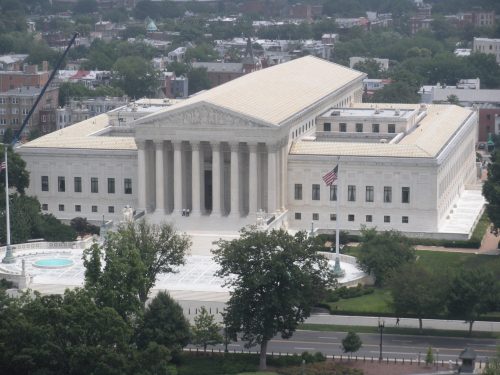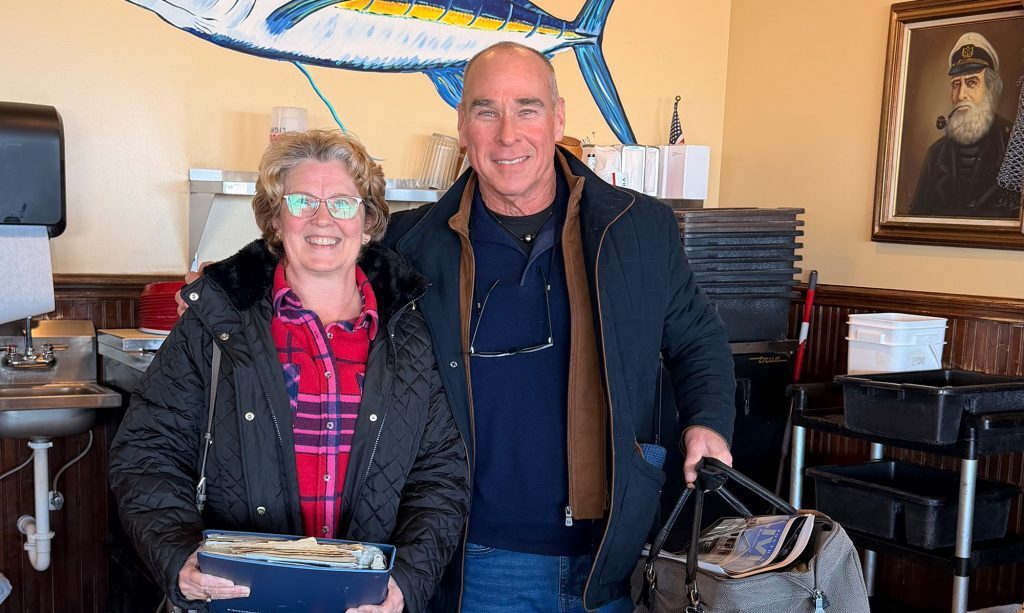
Legal scholars, doctors, democratic and female state lawmakers, Governors, Attorneys General, and Members of Congress submit amicus briefs.
More than 75 amicus briefs have been filed at the U.S. Supreme Court supporting Mississippi’s ban on most elective abortions after 15 weeks.
Before this fall, the case of Dobbs v. Jackson Women’s Health Organization will be argued before the court. Mississippi Attorney General Lynn Fitch’s office said hundreds of experts filed 76 amicus briefs.
“As evident by the compelling briefs filed here by legal experts, medical providers, and lawmakers from both sides of the aisle, there are countless reasons why the Court should return the abortion discussion to the legislative branch,” said Attorney General Fitch.
They will consider the question of whether all pre-viability prohibitions on elective abortions are unconstitutional. This case represents the biggest challenge to Roe v. Wade and the viability standard in Planned Parenthood v. Casey in nearly two decades.
“Science and society have changed dramatically in the 50 years since Roe, and it will only continue to march forward. It is time to release states from these outdated standards and allow lawmakers who are accountable to the people to decide how best to promote dignity and support for mothers and children,” stated AG Fitch.
Senators Cindy Hyde-Smith and Roger Wicker have also joined around 200 lawmakers, including Reps. Steven Palazzo, Trent Kelly, and Michael Guest to file amicus brief supporting Mississippi pro-life law.
“Mississippi is at the forefront of the fight for life, and I am glad to lead the charge in Congress on behalf of the unborn. For too long, the precedents of Roe and Casey have prevented states from taking meaningful steps to protect life in the womb. My colleagues and I are urging the Supreme Court to correct these decades of injustice,” said Sen. Wicker.
In this amicus brief, the lawmakers ask that “the Court uphold Mississippi’s law as effectuating important state interests, or, alternatively, return this case to the lower courts for consideration on a full evidentiary record, recognizing that certain precedents [Roe v. Wade and Planned Parenthood v. Casey] may be reconsidered and, where necessary, be wholly or partially overruled.”
Below are some of the quotes from the briefs submitted in support of Mississippi:
“Time has not lessened the belief that unborn life deserves protection,” wrote 24 state Attorneys General. “Rather, an increasing number of States are enacting laws that seek to protect unborn life earlier and earlier in gestation.”
“Women are better represented now than at any time in our country’s history,” wrote seventy-nine women state legislators. “And although abortion is far from being solely a women’s issue, the increase in women’s voices and perspectives guarantees that, as legislatures across the country debate the issue, women’s concerns will not be ignored or minimized like they might have been when Roe was decided.”
“It is now 48 years ‘after [this Court]’s holding that the Constitution protects a woman’s right to terminate her pregnancy,’ and the legitimacy of that holding ‘is still questioned,’ more intensely than ever,” wrote Ethics and Public Policy Center. “Another 48 years of standing by Roe’s error will not yield any different or better result. The time has come to overrule Roe v. Wade.”
“Should the Court overrule Roe and Casey, there is no reason to believe that Americans would not rise to the challenge of governing themselves on this vexed and contested matter, just as the vast majority of citizens around the world have done through their respective political processes,” wrote Professors O. Carter Snead, of Notre Dame Law School and Mary Ann Glendon, of Harvard University. “If the public does not approve of the way their State regulates abortion, it can hold its elected representatives accountable.”











